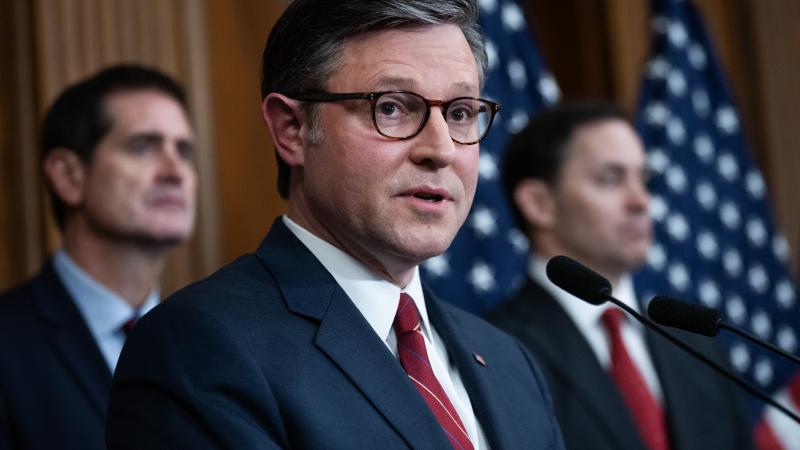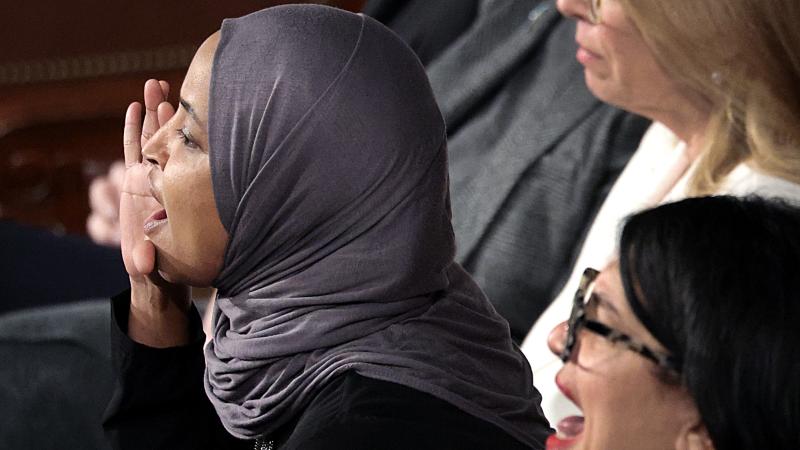Senate passes $460 billion spending package 75-22, averting partial government shutdown
“To folks who worry that divided government means nothing ever gets done, this bipartisan package says otherwise,” said Senate Majority Leader Chuck Schumer.
The Senate passed the $460 billion spending package on Friday in a 75-22 vote, just hours before the deadline for a partial government shutdown.
The package of six bills had passed the House 339-85 earlier this week and follows the spending caps deal that was reached last year between President Biden, then-Speaker Kevin McCarthy, R-Calif., and Senate Majority Leader Chuck Schumer, D-N.Y.
“To folks who worry that divided government means nothing ever gets done, this bipartisan package says otherwise,” Schumer said, according to the Associated Press.
The deadline for the partial government shutdown was midnight Saturday morning.
Senate Minority Leader Mitch McConnell, R-Ky., voted to pass the package, while Senate Minority Whip John Thune, R-S.D., and Sen. John Cornyn, R-Texas, who are looking to replace McConnell as GOP leader, voted against it.
The Departments of Agriculture, Commerce, Energy, Housing and Urban Development, Interior, Justice, Transportation, and Veterans Affairs, as well as military construction and water development, are all funded by the spending package.
Senate conservatives led by GOP Sens. Rick Scott, Fla.; Mike Lee, Utah; and Rand Paul, Ky., opposed the bill, particularly the more than 6,000 earmarks that add up to more than $12 billion in spending.
Paul said that there is too much compromise in D.C., which leads to too much spending.
“A lot of people don’t understand this. They think there is no cooperation in Washington and the opposite is true. There is compromise every day on every spending bill,” Paul said. “It’s compromise between big-government Democrats and big-government Republicans.”
Those earmarks received scrutiny from House Republicans as well, who flocked to social media to highlight what they thought were particularly egregious provisions.
Congress still has to pass six more appropriations bills to fund the Departments of Defense, Health and Human Services, Homeland Security, and Labor by March 22.
















